Not every athlete would walk into the interview room at the ISU World Figure Skating Championships in Saitama wearing a hat bearing their “QuadGod” nickname in Japanese.
But then again, not every figure skater is 18-year-old Ilia Malinin, who in his short senior career has already redefined what’s possible in a sport that had seen nearly every other barrier fall over the past decade.
After an impressive 2022 that saw him set junior world records in both the short program and free skate, and take bronze at the ISU Grand Prix Final — to say nothing of becoming the first skater to land the once-mythical quadruple axel in competition — anticipation is building as the American prepares to contest the world championships for a second time.
One year removed from his debut at the event, the son of two Russian-born former Uzbekistani champions believes that the effort he has put into improving all aspects of his performance is paying dividends.
“I think since last year, I’ve definitely seen a lot of improvement, not only in jumps, but also skating and choreography, and just artistry and creativity,” Malinin said Tuesday at Saitama Super Arena. “We've been working on these aspects for the whole season, and it's getting better. And we'll continue to work on these to help improve even more.”
The hat — a gift from the competition’s domestic broadcaster — says all anyone needs to know about Malinin’s quiet confidence regarding the element that has heightened anticipation of a serious challenge to reigning world champion and home favorite Shoma Uno.
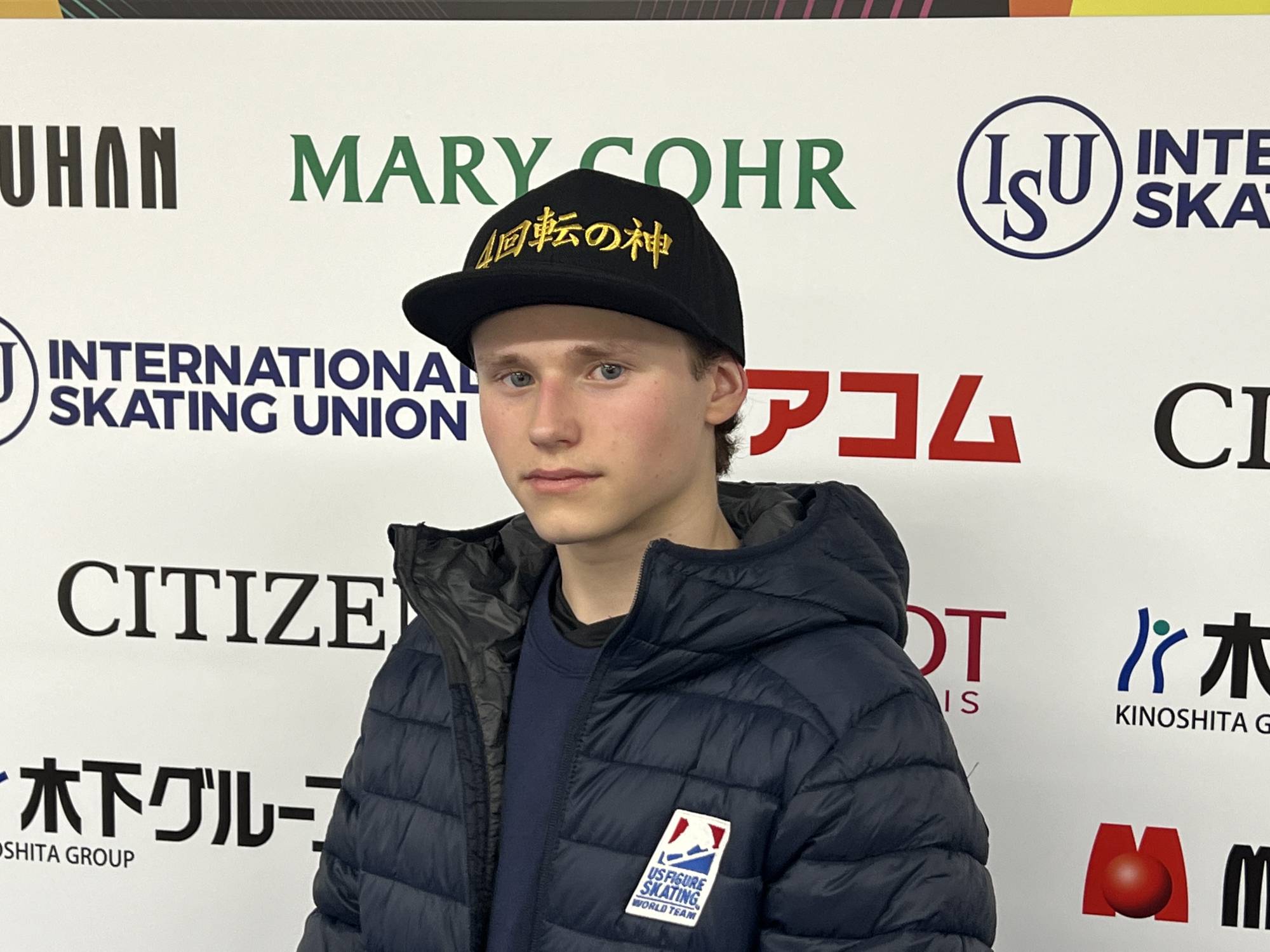
Among figure skating’s six quad jumps, only the quad axel and its notoriously tricky 4½ rotations remained untouchable. Two-time Olympic champion Yuzuru Hanyu — who himself was the first to land the quad loop in 2016 — spent the end of his competitive career chasing the “4A,” with even his best attempt ending in a spill to the Capital Indoor Stadium ice during the 2022 Winter Games in Beijing.
Weeks later, Malinin posted a practice video to his Instagram account showing an effortless 4½ rotations. By July he was warming up with the jump in front of an ice show audience in Yokohama, and in September he became the first to land it in competition during a Challenge series event in Lake Placid, New York.
“It's been a huge achievement for me, because I've been watching it from Hanyu do(ing) it himself,” Malinin said. “I really wanted him to land it first. ... I'm just so glad that he showed me that it was possible.
“When I was first learning it, it was definitely a real hassle. I had to be in the right mental state, be full of energy, just be confident in myself and basically be like a daredevil.”
Malinin, who was still 17 when he wrote his own chapter in the sport’s history, has used his first year in the senior ranks to look for opportunities to grow all aspects of his skating, choosing to skip February’s Four Continents in favor of the Art on Ice show in Switzerland.
“I think that doing shows ... helps perfect all the performing, the artistry, the creativity, because you get to perform in front of so many people,” he said. “The main goal (isn’t) obviously to win anything, but you also have to be one of the best out there so that people can enjoy watching you and they'll come back another year.
“So even though there's not really a big focus on doing the jumps and all of that, you really have to still focus on staying on your feet and just performing for the audience and making it fun and enjoyable for them to watch.”
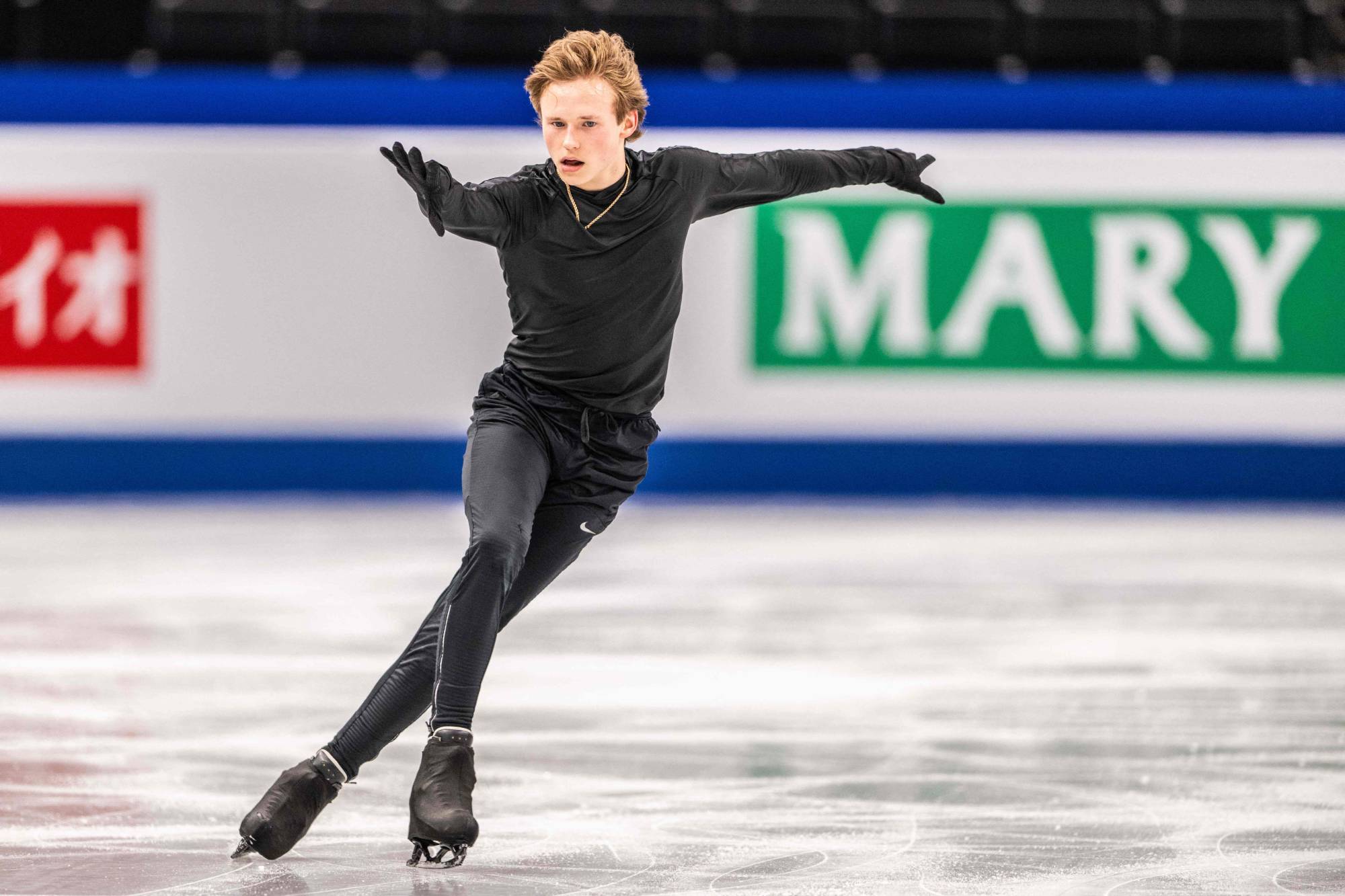
After placing ninth at the 2022 worlds in Montpellier, France, Malinin knows that expectations will be higher this time around — especially among Japan’s dedicated figure skating fandom — and is eager to embrace the pressure of competing under the lights in Saitama.
“(Japanese fans are) always watching these good skaters, and it does put a little bit more pressure on me,” he said. “But I think that you just have to sort of push it away for a little bit and just enjoy the moment. If people are putting pressure on you, that means you're really important.
“I just love all the attention. I think that it drives my motivation up and it really increases my energy and my adrenaline and all of that. So I'm just really grateful that the world championships are in Japan.
With the government having lifted its pandemic-related restrictions on tourist activities since his most recent visits to Japan, Malinin plans on spending some time traveling around the country after the event wraps up on Sunday.
“It's definitely the perfect opportunity for me to go out and just explore Japan and learn more about it,” he said. “ I think that it’s very important to try to see what’s in Japan, that way (I) can maybe find things to incorporate in (my) skating. ... The food, places, architecture — it's all very unique.”
Malinin says that rather than medals, he’s targeting consistency and achieving a “perfect or almost perfect performance” this week. But after missing out on selection for the Beijing due to a lack of international experience — despite a second-place finish at the U.S. nationals — he acknowledges that his team is strategizing with an eye toward the 2026 Winter Games in Milano-Cortina.
“Our main goal for (2026) is to just be healthy and be as well prepared and mentally prepared as possible,” he said. “My idea is to try these couple years to ... try new things and to see what can work, and then it will probably leave two years to really find something that is really comfortable.
“If I get it perfected, it will (give me) a better chance at the Olympics to have a good skate.”



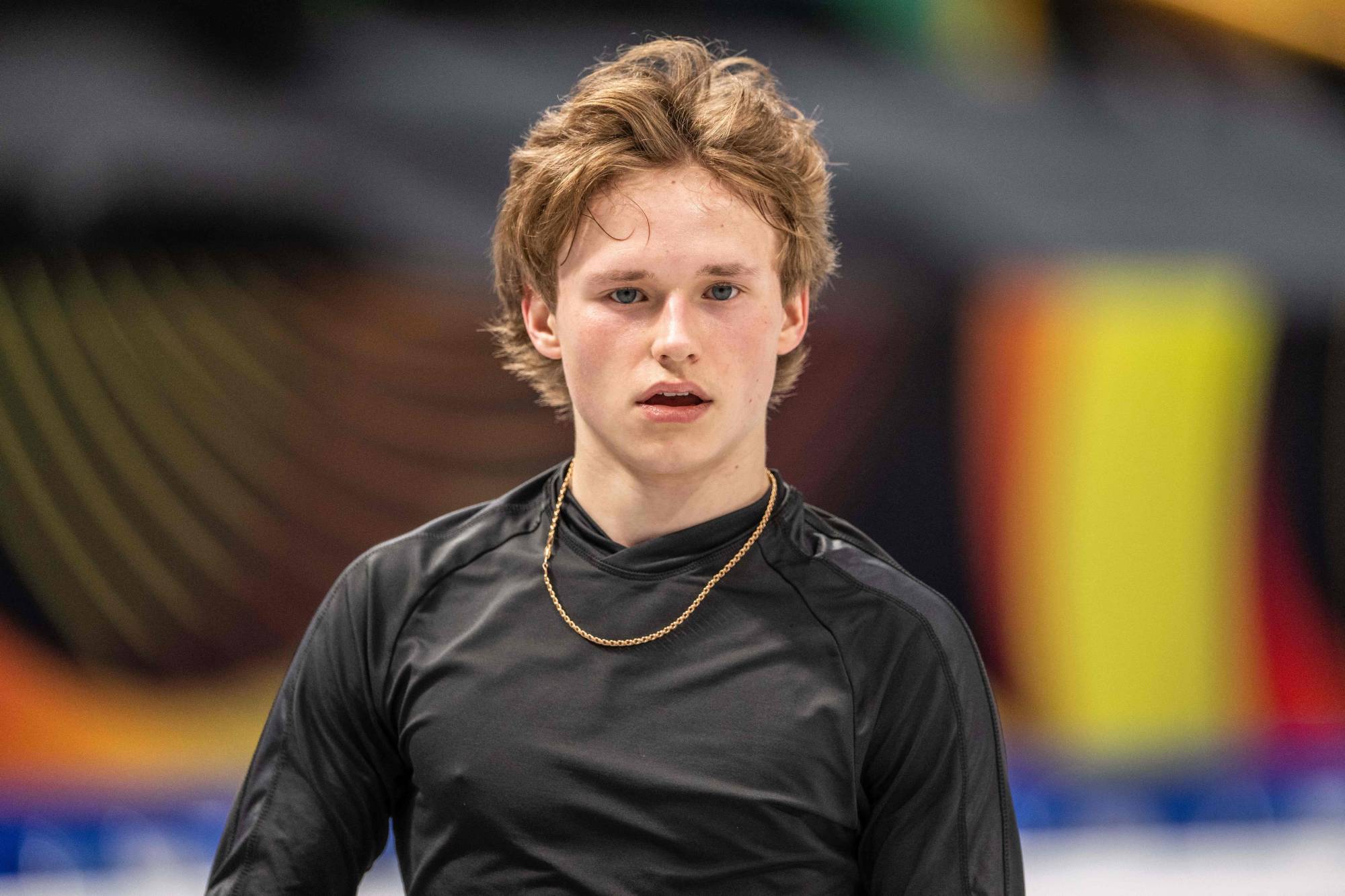
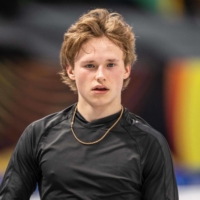
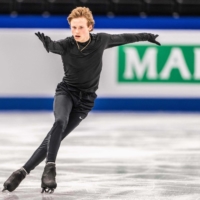
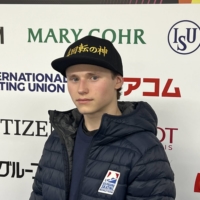













With your current subscription plan you can comment on stories. However, before writing your first comment, please create a display name in the Profile section of your subscriber account page.